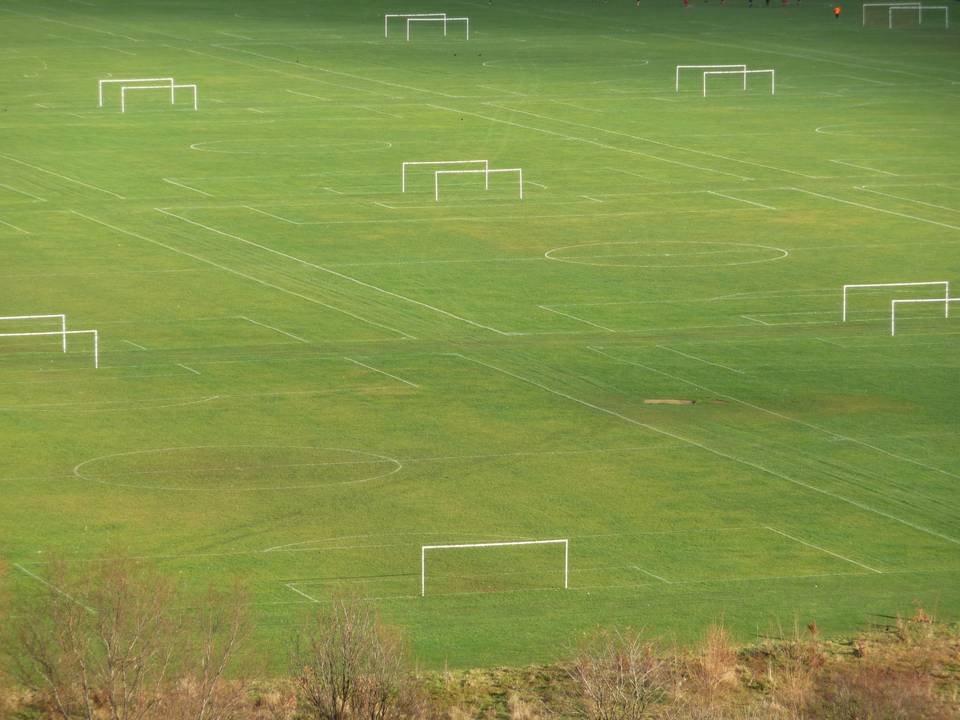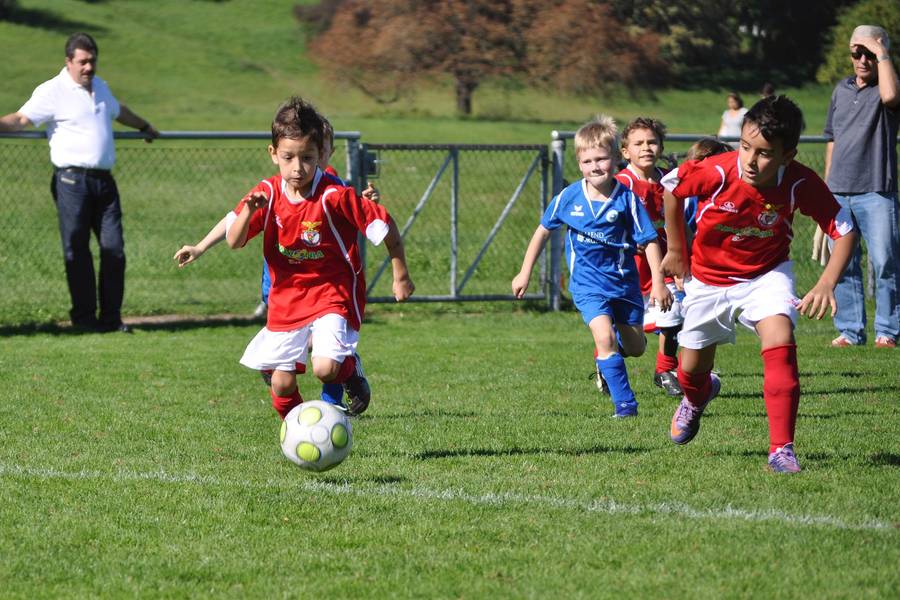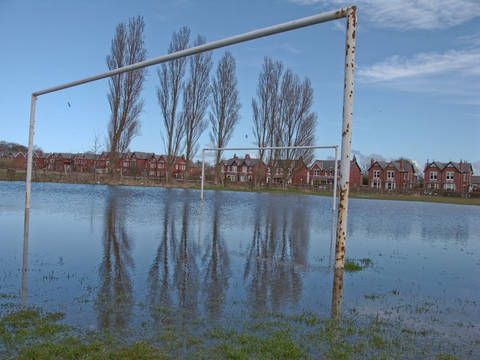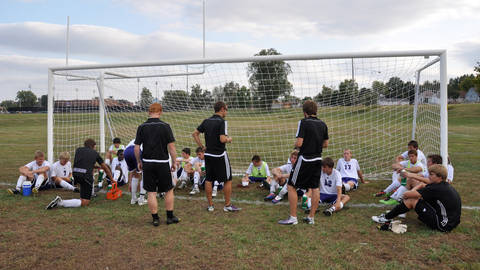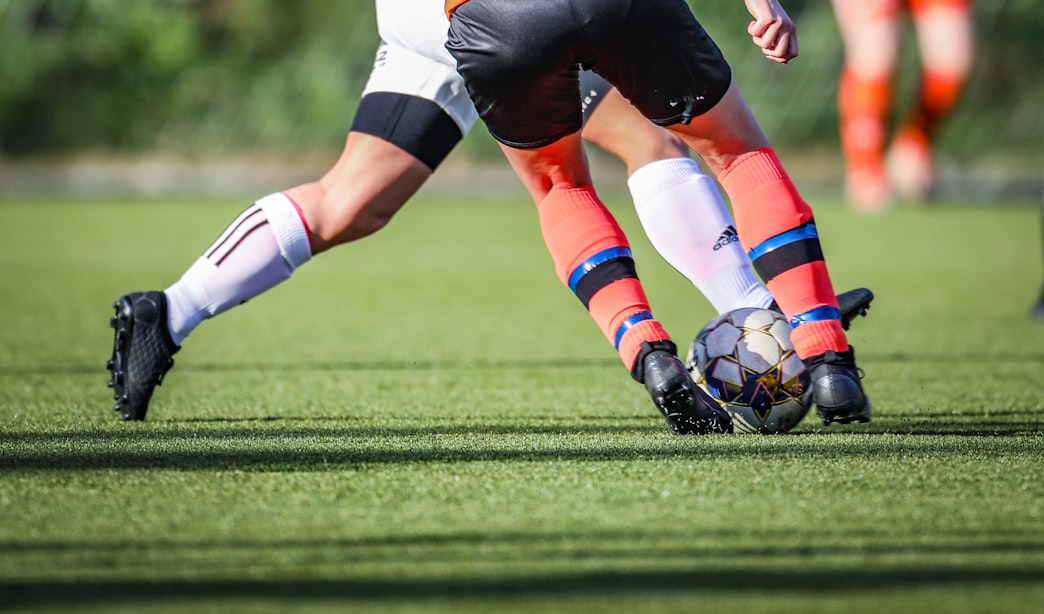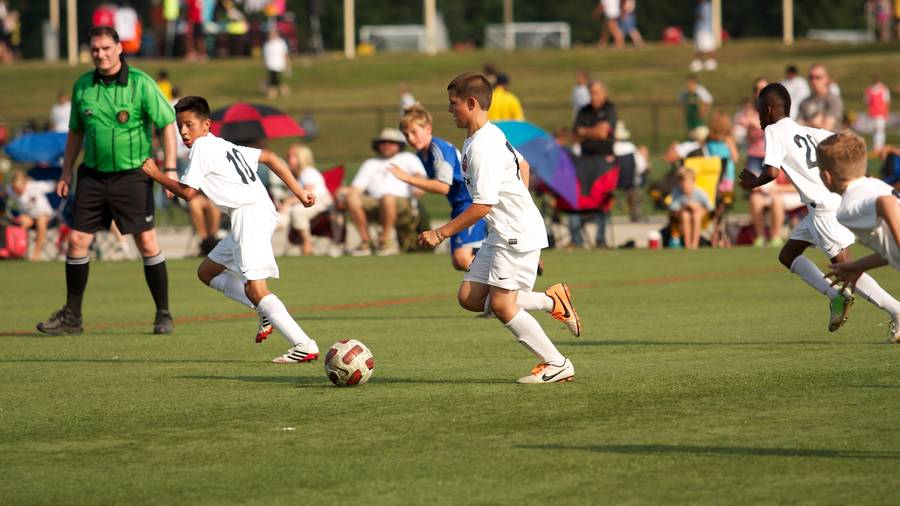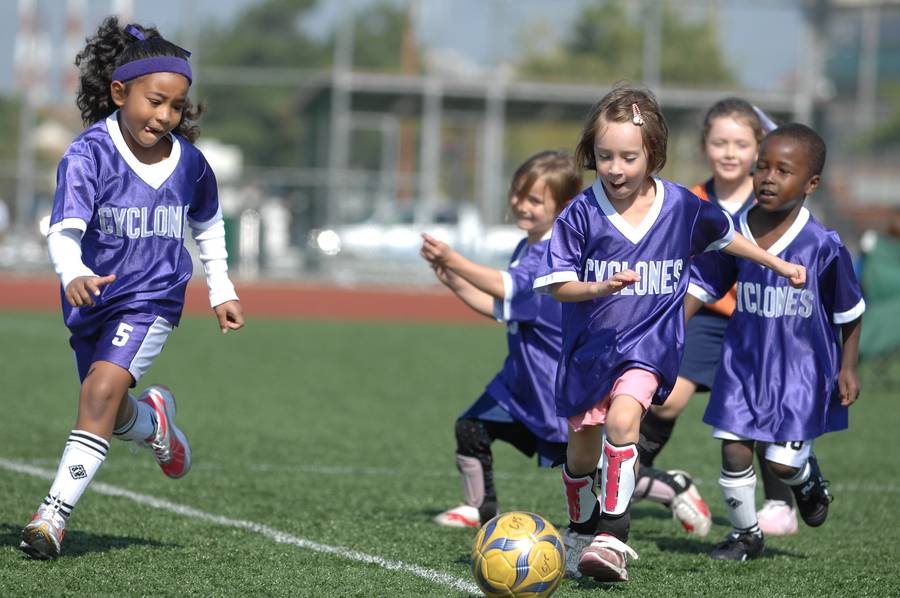
I’m fully aware as I write this that the Covid pandemic has presented infinitely greater challenges to many people now coping with the loss of loved ones or potentially the loss of livelihoods / employment that are now faced with the prospect of trying to rebuild their lives, so set in that context the suspension of Junior Football pales into absolute insignificance.
However as we know, it is the things we choose to fill our lives with and the routine activities we commit to that define us to some extent and for many people the loss of grassroots football has been a big challenge and a significant blow.
We all know about that countless positives of participation in Junior Football and they’ve been covered many times. It’s no coincidence that thousands of children play every week and that it is the largest participation sport for both boys and girls in the UK, although they are well worth revisiting as there are important themes that have been affected by the Covid Pandemic around staying active for our general health & wellbeing in both body and mind.
With the Government’s new obesity strategy highlighting the concerns around a rise in childhood rates throughout the UK, it’s as important as ever that we encourage our children to stay active and engage in physical activity. Fitness is one of the standout benefits of getting young people involved in Junior football, starting from ages as young as four or five years old and carrying on all the way into adulthood. As we know though, as well as the positive impact on health there are lots of less obvious but equally important reasons why being a part of a Junior football team is a great thing to do.
Making friends – joining a Junior football team gives a child the chance to forge friendships with their teammates that can last a lifetime.
Building self-confidence – a great way for children to gain confidence is through doing something they love with their friends. When a child is part of a football team, they can develop a strong friendship group and a real sense of belonging. Children can gain confidence as their ability develops and the team experiences success on the pitch.
Improving communication – to be successful on the pitch a team must work well together, which means communicating with each other when playing and passing the ball.
Building parent/child bonds – football is an opportunity to share something that you both love and create family memories that endure.
Improving social skills – when playing as part of a team, children can learn how to communicate with each other and with adults such as coaches and referees.
Increasing energy – playing sport regularly will generally give a child more energy, which in turn can lead to greater stamina and physical ability, and improved mental agility.
Greater focus – playing regularly for a Junior football team is a positive addition to a child’s routine, giving them something healthy and enjoyable to focus on.
Much of the popular lockdown commentary has been around how we were able to cope with the loss of these benefits in all of us and how we could go about trying to replace them. Amazing isn’t it how we often take for granted all that we gain from Junior Football?
It is still to be determined, exactly how the period of lockdown will affect the children in our Junior teams. Depending on their age and maturity, their own individual experience is likely to vary. I’m sure we all know children where the last thing they needed was the thunderbolt which hit them in March, along with the rest of the country, when the world they knew changed around them and the things they could rely on disappeared.
If I was to sum up my own experience of lockdown in terms of looking through a lens of Junior Football, it would be in in two words frustration and opportunity.
Initially I was as frustrated as everybody else at the immediate cessation of our Junior League and all training activities. The loss of the social interaction with junior players and parents and the loss of the weekly routine of preparing training and for matches felt aggravating.
Watching my own lad grow ever more frustrated himself and pent-up without the ability to release the pressure from lockdown by going and playing football with his teammates was difficult.
As ever though you look for the opportunity in such circumstances and it provided me with the chance to really delve into the coaching that I have been doing and ask myself some significant questions. A chance to pause and reflect in this way rarely comes along so after I got over the initial frustrations, I tried to look more deeply into my approach to coaching the team and how that might translate upon our return.
Almost uniquely all players at all levels of the game were faced with broadly the same set of problems in lockdown; the inability to train in groups, lack of space and facilities to practice, a broad requirement to keep fit and keep skills sharp.
Fortunately, there was lots of material made available daily via social media of players at all levels of the game using the time of available to them to practise and improve. Often this took the form of honing technical skills and it underlined to me the importance of having strong technical threads running through the work we do with junior players at all times.
This was what the top players in the world went back to doing when they were faced with the prospect of only having a ball and a back garden to play in, and it was interesting to me that their primary focus was on maintaining a base standard of fitness but ultimately keeping their technical skills as sharp as they could be. After all, I thought this was the stuff that you ‘never lost’?! This led me to consider how that translates into what we do when we are face-to-face with our junior players and whether we are really maximising the contact time we have available to us and utilising it in the best way.
This was a useful question to explore for me, particularly since the return to training in the last month has been highly regulated by the Covid restrictions enabling only a certain type of training session to be delivered.
Recent training sessions themselves have been an eye opener because it’s made me really think about the nature of what I am delivering to the team and how we could collectively gain the greatest benefits out of the restricted sessions. This has brought a focus back towards the technical aspects of the game and individual ball work which ultimately I think is positive as this often gets sacrificed for other priorities during the season.
Others will undoubtedly view it differently, for instance it astounded me that as our training session overlapped with a much younger age group coming back for the first-time post lockdown, they were preparing to undertake a bleep test. There’s probably a reason why we’ve historically failed to produce the technical players that other countries do.
At the time of writing we are now faced with a further easing and the prospect of a gradual return to competitive training and being able to arrange friendly matches ahead of what will hopefully be a timely return to competitive matches.
The key lesson I will retain from lockdown will be that when our football world is stripped back to the bare minimum there are some key things that we can do to keep ourselves engaged and improving, and that our focus shouldn’t stray too far from that in more normal times either. Too often the noise of the here and now distracts us from the key principles that presented themselves in lockdown.
It’s also been a reminder that the things we consider to be important are relatively fragile, and we should cherish them whilst we have them.
I hope that come September we can have a full return to Junior Football as we know it. This isn’t because I’m desperate for competition or the pursuit of plastic medals and trophy’s as some seem to be. It’s because, like the overwhelming majority of people involved in Junior Football, I recognise just how important it is in many young people’s lives and the lockdown period has only reinforced that.
Of course, there will be challenges and a different feel to it all, we are still in the middle of a global pandemic and people are still dying each day. But in this “new normal” I think the best thing we can provide is the message that plenty of the old normal remains. Life continues, the sun still rises and sets, and those nets need putting up!

